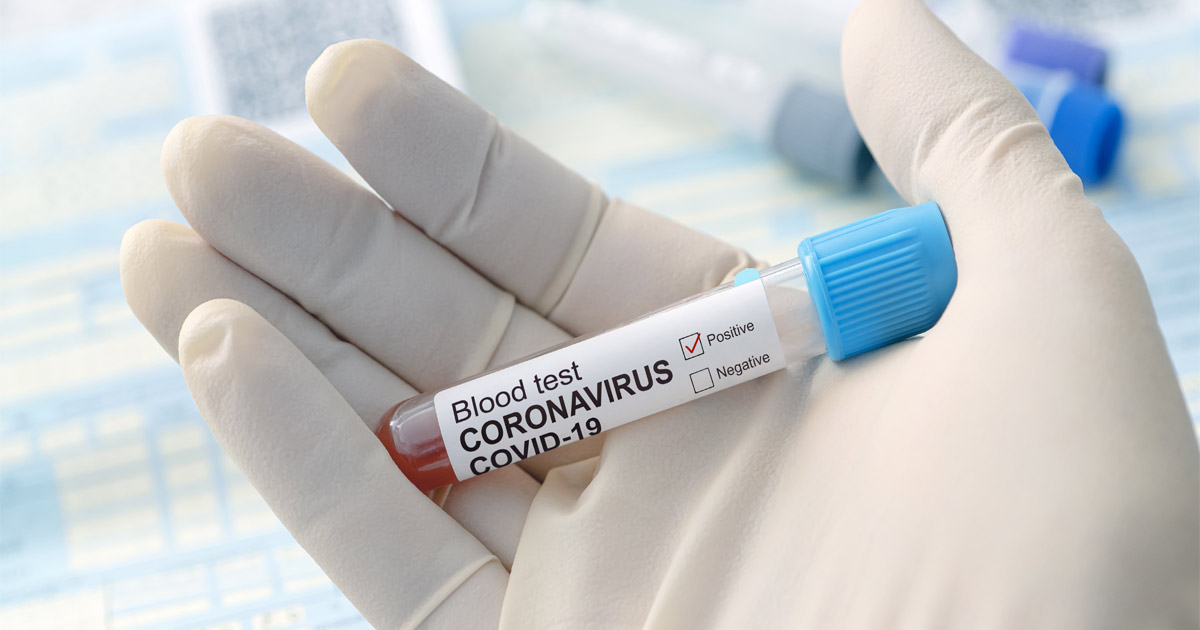
Anxiety can increase the likelihood of a car accident, and stress from the Coronavirus (COVID-19) has made certain driving situations even more dangerous. It would be reasonable to think that the roads would be safer with COVID-19 restrictions, however, research has shown that drivers have been more likely to take risks when driving during the ongoing pandemic. Some common dangerous driving behaviors during the COVID-19 pandemic include:
Speeding: Speeding is a top cause of serious accidents. Not only does driving at a high rate of speed increase the chance of an accident, but it often makes a collision much more damaging.
Distracted Driving: Distracted driving has become much more of an issue with the advancements in technology. Texting while driving is a common cause of accidents. There are other types of distractions to consider as well. Some accidents occur as a result of the driver talking to passengers, eating, or even changing the radio station. Anything that takes the driver’s eyes off the road can be dangerous.
Road Rage: Anger can cause a person to use poor judgment and drive more recklessly. The stress of the pandemic can raise stress and tempers and make accidents more likely.
Traffic: Rush hour is one of the more dangerous times to be on the road. The increase in traffic as well as rising stress levels can lead to serious damage in a car crash.
Inclement Weather: During inclement weather, accidents are more likely to happen. Rainstorms can cause the roads to be slicker, so motorists should be mindful and drive slower in poor weather conditions.
Road Work: Road construction did not stop because of the pandemic. Essential road work still happens and creates additional hazards.
The COVID-19 pandemic has increased stress for people around the world. Many people find themselves more isolated, and essential workers are under more anxiety. Those driving to and from stressful health care jobs and those just trying to get out of the house may have an increased risk of an anxiety-related accident.
How can Anxiety Impact Driving?
Increased anxiety can change the way people perceive what is happening around them and the way they react to situations. Here are a few of the ways stress and anxiety can negatively impact driving safety:
Impaired Awareness: When a motorist experiences anxiety, it takes some of their attention away from driving. This can involve distracting thoughts or even the development of tunnel vision, which makes it harder to perceive risks and hazards.
Loss of Precision: When distracted by the feeling of stress, drivers are more likely to cut corners, cross lines, and make wide turns.
Slower Reaction Time: Anxiety can be very overwhelming, and a driver might slow down in other areas to better process what is going on. This can mean decreased reaction time when quick thinking is needed to avoid an accident.
Overreacting: Anxiety can also lead to panic and overreacting to situations. This can be deadly when driving.
How can Drivers Ease Anxiety?
Anxiety can lead to a number of health complications and can make everyday tasks, like driving, more dangerous. There are some tips that can help alleviate some of the stress:
- Plan the route ahead of time. Planning a trip in advance and paying attention to traffic and weather conditions can make a big difference in avoiding unnecessary stress.
- Keep up on vehicle maintenance. Car problems can be very stressful. Ensuring that the vehicle is in good running order helps to prevent additional issues.
- Take a deep breath when feeling anxious. While it is not a cure for anxiety, taking a moment for a few relaxing breaths can reduce stress levels.
- Use the radio to one’s advantage. It is important to avoid distractions while driving. Adjusting the radio can take attention away from the road. However, planning ahead and preparing a playlist of relaxing music or sounds can make for a less stressful commute.
Following these tips can make one’s commute less stressful and safer; however, one cannot control the actions of other drivers. When other drivers act recklessly, accidents may happen, and it is important to know what to do afterwards.
What Should I Do After a Car Wreck?
After the trauma of a car accident, a victim may not know what to do next. The first priority should always be health and safety. Immediately after the accident occurs, it is important to assess the scene for safety. If the vehicle is in an unsafe location like the middle of the road, it needs to be pulled over. If the vehicle is operational, the driver should move it out of the way of oncoming traffic. If it cannot be moved, the police will stop traffic or direct it safely around the wreck until a tow truck can move it. Contacting emergency services as soon as possible is a vital part of both ensuring safety and documenting what happened.
After ensuring the safety of the scene and tending to medical needs, it is important to exchange insurance information with all involved drivers. It is also vital to contact the insurance company as soon as possible. When a collision is caused by another driver, it is a good idea to contact a car accident lawyer as well.
Pittsburgh Car Accident Lawyers at AlpernSchubert P.C. Help Car Crash Victims Recover Damages During the Ongoing Pandemic
Car accidents can be traumatic, and the COVID-19 pandemic has added even more stress for motorists. Safe driving is important, but some car accidents are unavoidable. If you were recently injured by another driver, a knowledgeable Pittsburgh car accident lawyer at AlpernSchubert P.C. can help you with your case. Contact us online or call us at 412-765-1888 for a free consultation. Located in Pittsburgh, we serve clients throughout western Pennsylvania, including Allegheny County, Lawrence County, Washington County.
